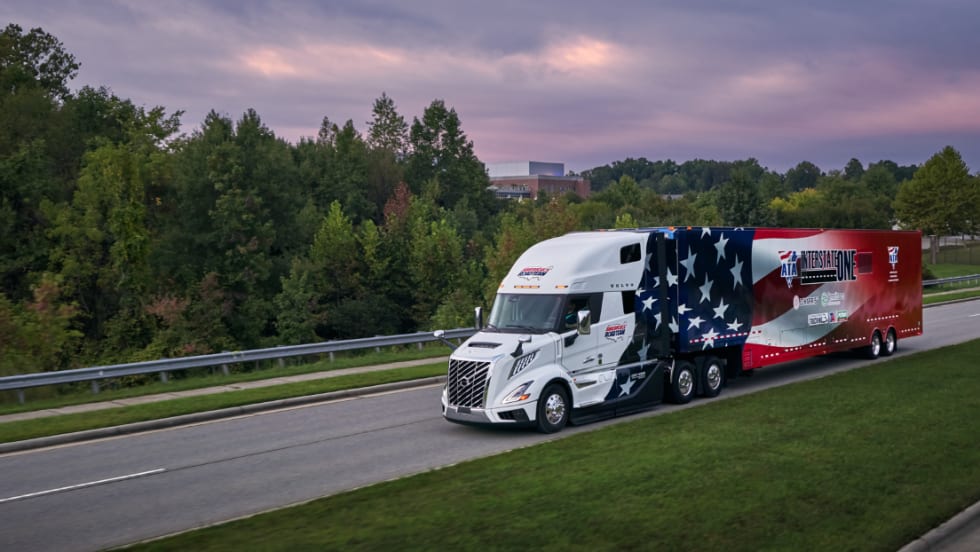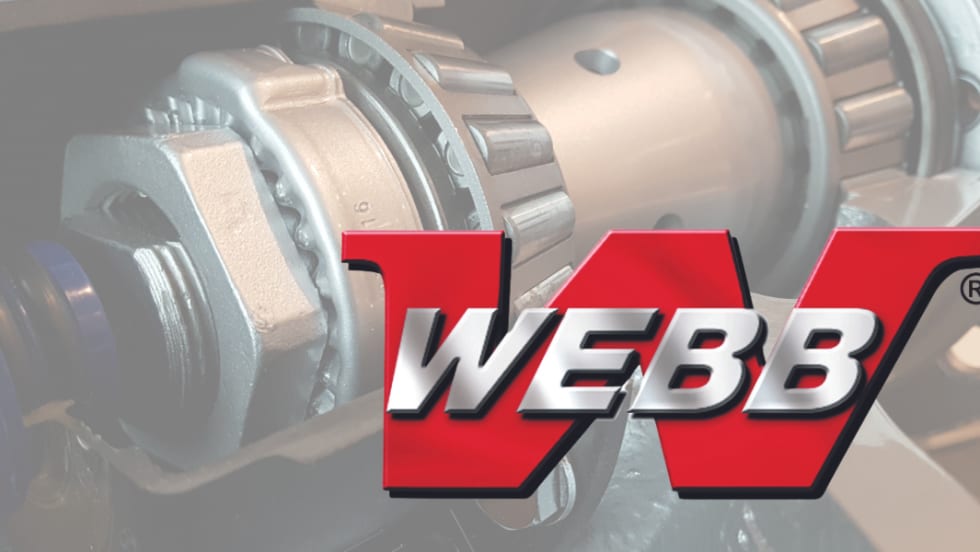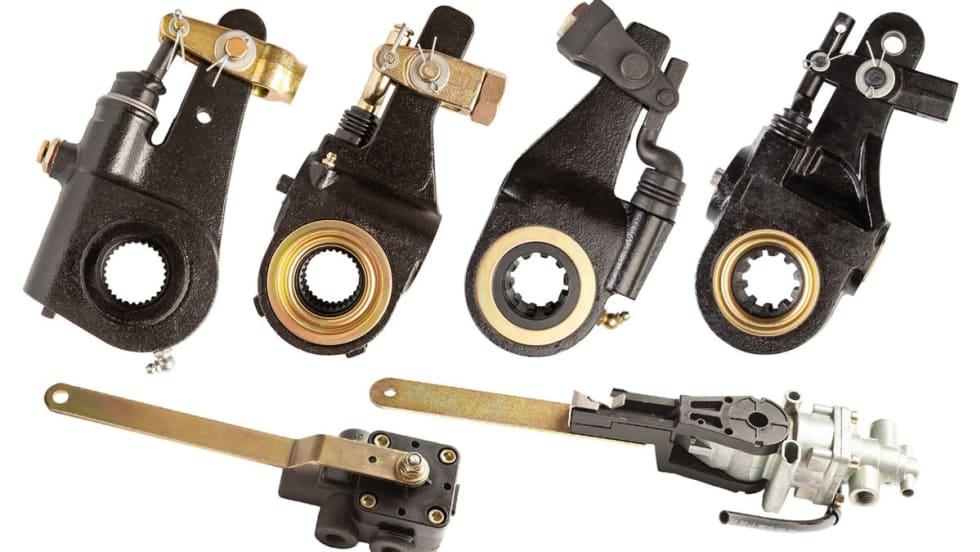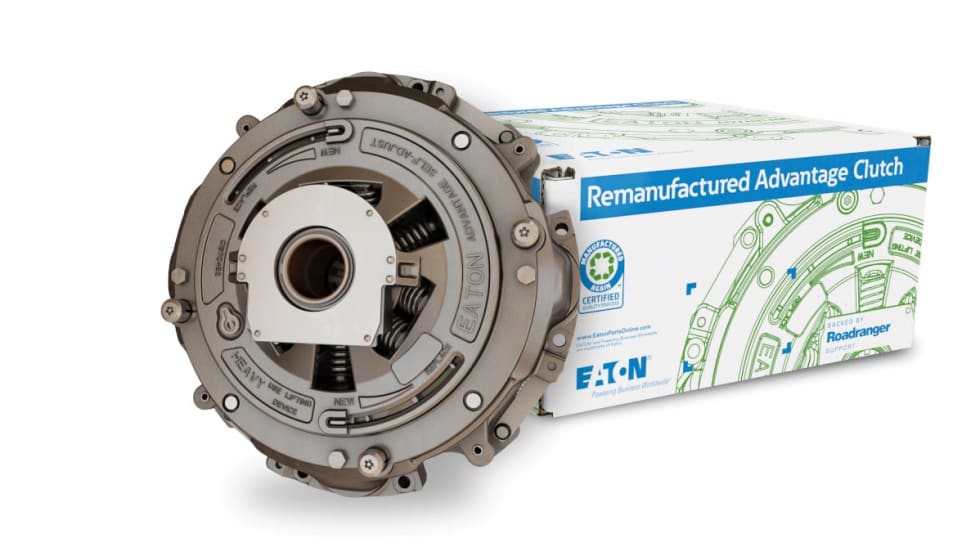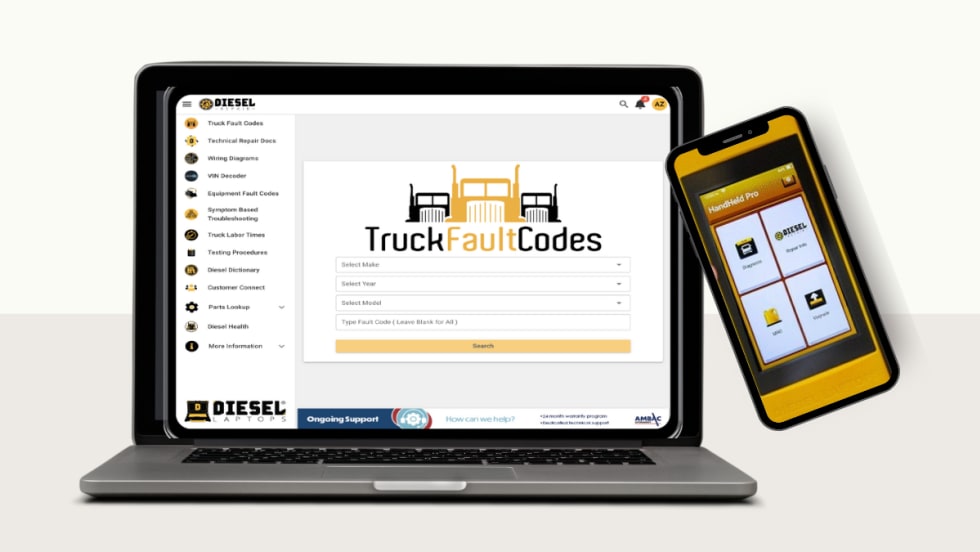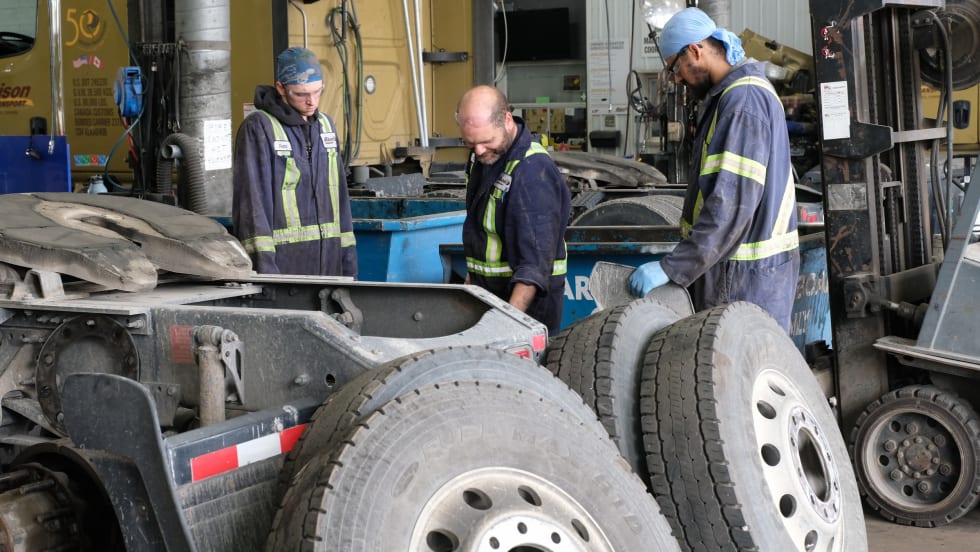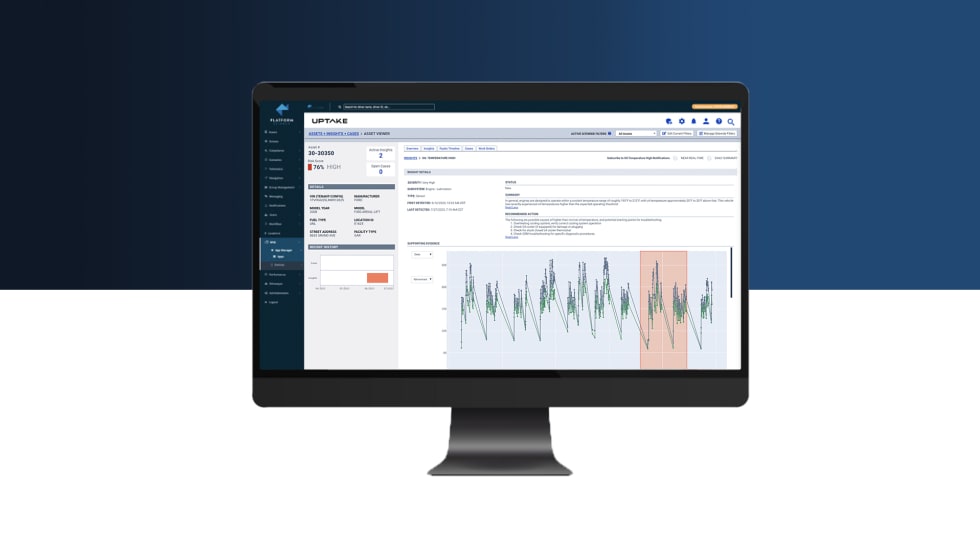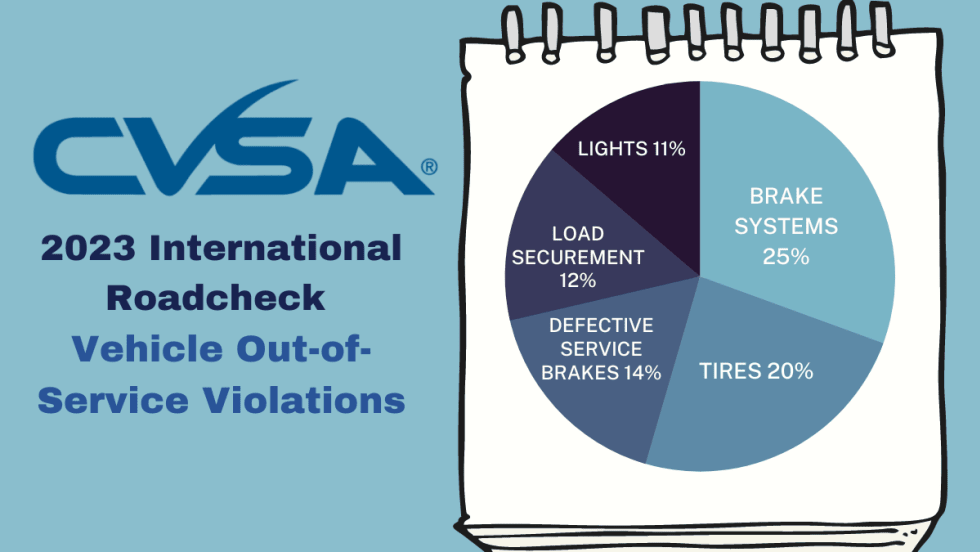I came across a new word the other day: servitization. “Servitization is where organizations transition from selling one-off products to selling the outcome or value those products deliver,” explains Gary Brooks, chief marketing officer at Syncron, an after-sales service solutions provider. “Brands like Netflix and Spotify — where a user pays for access to multiple shows, movies or music — have created an on-demand mindset where customers expect products to ‘just work’ and service to be instantaneous.”
Brooks says this idea is spreading into all facets of business, including trucking. He believes that truck manufacturers are moving to a business model that centers on maximized product uptime, or preemptively repairing equipment before it ever breaks down. The trucking industry shifted from the idea of “avoiding downtime” to “ensuring uptime” some time ago, and OEMs have invested in technologies and personnel to manage data as it comes off the truck in real time to help expedite repairs.
“In a servitization-centered economy,” Brooks explains, “manufacturers must find ways to increase cost efficiencies throughout the entire value chain. This will force [OEMs] to completely transform business logic, company cultures and product development strategies.
“As more OEMs move to a service model focused on maximized product uptime, they will transition away from the traditional, reactive break-fix method of service into one that is much more focused on preemptive maintenance.”
He thinks this shift is going to take place in the next five to 15 years, and will impact nearly all facets of an organization.
“Truck dealers, parts distributors and independent repair garages will remain an integral part of the shift,” Brooks says. “The OEM will need to have a tighter relationship than ever with their dealers and distributors. They will need to work together to identify any inefficiencies and determine how current service parts management processes are impacting customer loyalty.”
Truck makers, he says, will need to reexamine vendor relationships, making sure their after-sales service solution providers are meeting (and exceeding) expectations.
What does this mean for fleets?
“Servitization could completely redefine the way fleets are managed. Fleet managers already keep a close eye on vehicle uptime, maintenance patterns and more. In this new model, however, instead of taking a truck out of service once it has already broken down, fleet managers will be able to preemptively repair the vehicle prior to its failure — ultimately allowing for maximum fleet utilization and driving increased revenue and business performance for the fleet,” Brooks says.
He says OEMs will need to work closely with fleet managers to ensure they have the appropriate parts and resources on-site to repair trucks when necessary.
Servitization sounds a lot like predictive maintenance, but Brooks sees it as going beyond that. “New vehicle prices could potentially become obsolete. By the time servitization is fully realized, there is a strong possibility that OEMs will be selling subscription plans — where customers pay for access to trucks as opposed to the trucks themselves. This will flip the pricing function on its head.”
It’s hard to say if servitization will happen or not, but it is interesting to think about a new business model where the manufacturer is responsible for making sure customers have trucks available, in top operating condition, when and where they need them.





